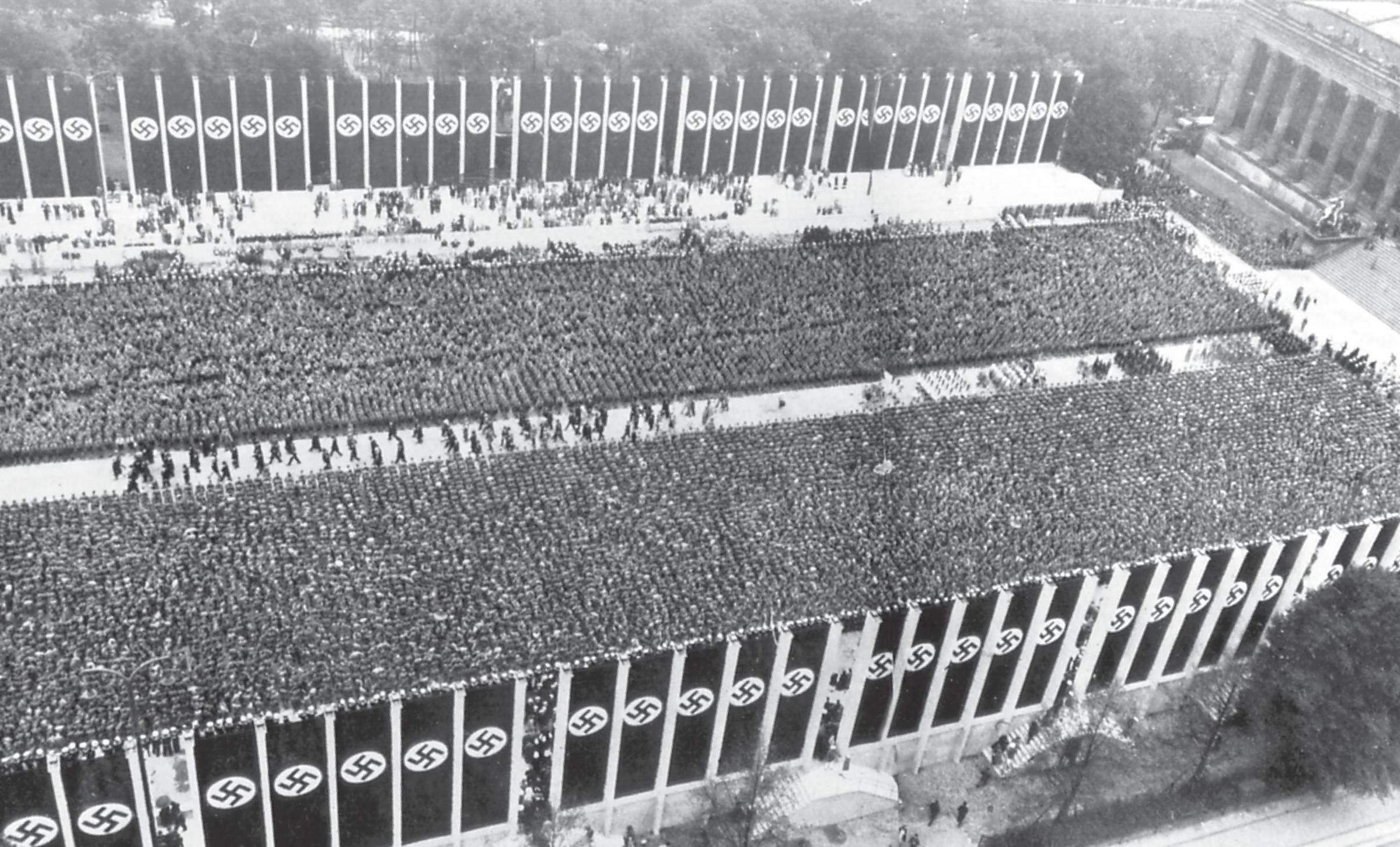
In January 1933, 2 years after the International Olympic Committee chose Berlin as the site for the 1936 Olympic Games, Hitler came to power as chancellor of Germany. In the early 1930s he won support by promising a new Germany at a time of hunger, business failure and great political and social unrest. In his speeches he spoke about the importance of racial purity and the superiority of the Germanic Aryan.
These racist beliefs were spread through books, newspapers, radio and posters and yet conveniently hidden during the Olympic Games of 1936. Despite the appearance of a confident Germany the lives of Jewish men, women and children were soon to change dramatically in Nazi Germany and eventually Europe. The Berlin Olympic Games were used as a propaganda exercise for the benefit of the new Nazi regime and provided only a brief interlude in the persecution of the Jewish people.
Your organisation does not have access to this article.
Sign up today to give your students the edge they need to achieve their best grades with subject expertise
Subscribe




